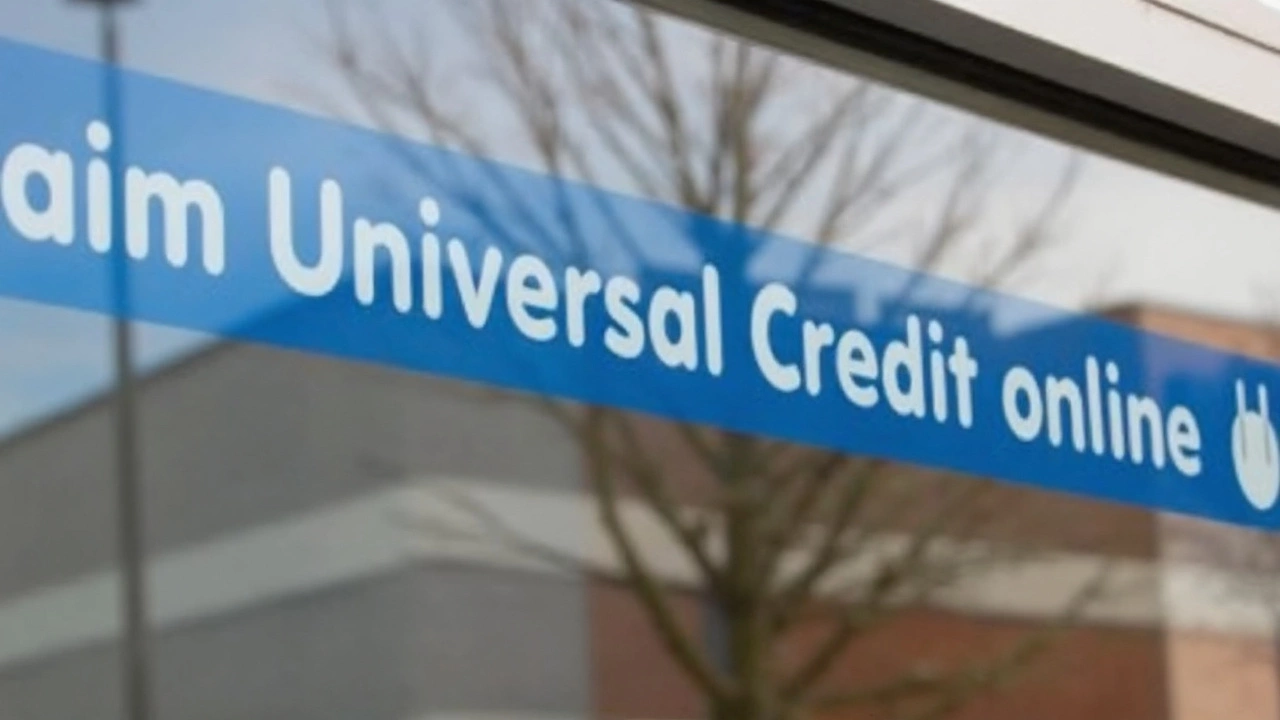The Department for Work and Pensions (DWP) has stepped up with a significant compensation package, targeted at approximately 57,000 benefit claimants who lost severe disability premiums (SDP) upon moving to Universal Credit from older benefit systems. This move comes on the heels of High Court rulings from 2018-2019, which found the DWP at fault for not safeguarding claimants’ incomes during this critical transition.
With potential payouts climbing up to £5,000 per person, this compensation aims to address average monthly losses of around £180. The overall scheme is expected to wrap up by August 2025, giving hope to many who have felt the financial sting of these administrative oversights.
Understanding Compensation Eligibility
To qualify for this compensation, claimants need to have received Universal Credit with an SDP component or a transitional sum post their eligibility for specific legacy benefits. These include the Enhanced Disability Premium, Disability Premium, and the Disabled Child Premium or Child Tax Credit's Disabled Child Element.
The compensation amounts will be determined based on set rates, ranging from £84 for a single Enhanced Disability Premium, up to £246 for couples, and £177 for each eligible disabled child. These figures provide a structured approach to calculating the financial redress owed to affected individuals.

Organizing Payment Groups
The compensation initiative is structured into three distinct groups to ensure efficient processing:
- 35,000 active Universal Credit claimants: These individuals began receiving the transitional SDP post-2020. Approximately 4,000 claims have already been processed, and the remaining are slated for resolution by August 2025.
- 15,000 claimants: These individuals received SDP between 2018 and 2020. Payments for this group are expected to initiate by the end of March 2025, with a shift to digital payment systems.
- 7,000 closed cases: Due to the complexities of manual record analysis, a specific timeframe has not been set for these claims, highlighting a significant challenge in the resolution process.
This compensation effort addresses the legal challenges spearheaded by law firm Leigh Day, which uncovered systemic shortcomings in the DWP's handling of claimant transitions. The plight of claimants like Philippa from Chesterfield, who battles fibromyalgia and the consequent financial strain, underline the urgency of resolving these disparities.
Critics, including Leigh Day partner Ryan Bradshaw, argue that the DWP’s sluggish response has further deepened injustices faced by the disability community, with some claimants finding themselves financially worse off by as much as £2,000 annually after migrating to Universal Credit. Despite this, Neil Couling, the DWP’s senior responsible owner for Universal Credit, assures that the department is committed to implementing court-mandated changes.
The goal is to prioritize payments for the first two groups while conducting a thorough analysis for the third group’s claims. This compensation scheme underscores the need for comprehensive protections for disability premiums, ensuring claimants aren’t left in the lurch as they navigate through welfare transitions.
